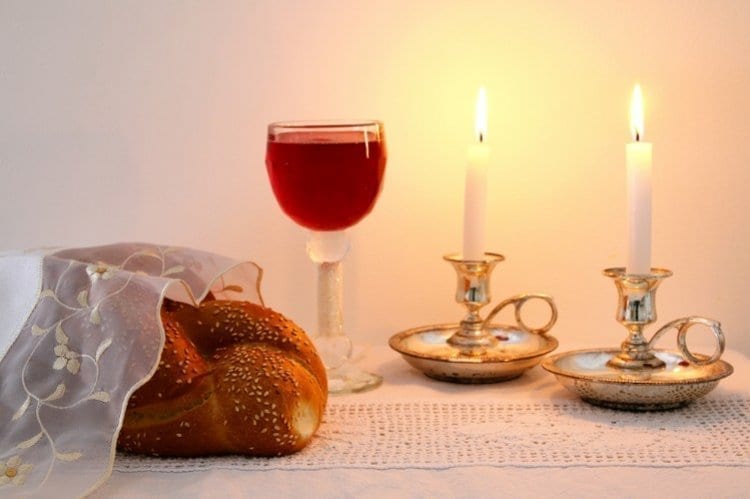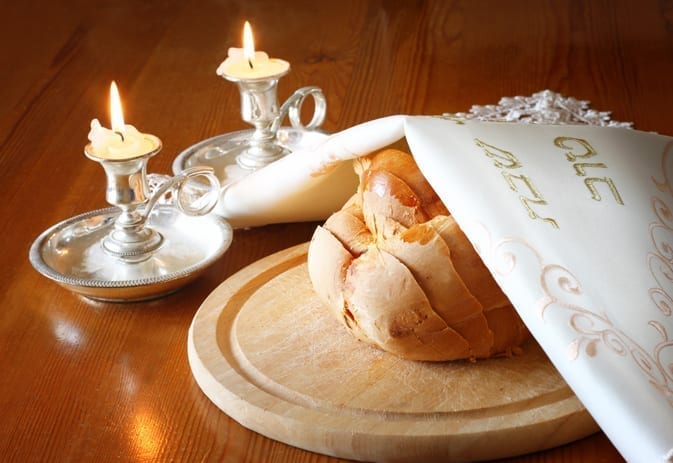1. Commandment of Havdalah (separation) is a positive Torah commandment derived from the verse “Remember the Sabbath to sanctify it” which implies commemorating it with words of praise and sanctification both when Shabbat enters and when it departs. The commemoration at the beginning of Shabbat is fulfilled by making Kiddush, whereas the commemoration at Shabbat's conclusion is the Havdalah ceremony.
2. The main point of Havdalah is to distinguish between the seventh day and the other six weekdays, in other words to express in words the fact that there is a barrier separating the Sabbath from the other days of the week, just as there is a difference between the sacred and the profane, between light and dark and between Israel and the other nations. These concepts are divergent and cannot unite, and similarly the seventh day is distinguished from the other days.
3. Havdalah is performed in every house after the Maariv prayer has been concluded. It is forbidden to eat from the conclusion of the Sabbath until the Havdalah ceremony. If one wants to perform labor before Havdalah, and one has not yet said the “Ata Chonantanu” prayer during the silent prayer, one should say the words “Baruch Ha'Mavdil Bein Qodesh Le'Chol” (Blessed is He who distinguished between the sacred and the profane”).
4. Before the blessings one recites verses which infuse a person with faith and hope: “I raise the cup of salvation and call the name of G-d”, “The Jews has light, joy, contentment and honor”, etc. All these bring light and blessing for the new week about to begin.
5. After these verses are recited the blessings are recited in the following order:
a) Borei Peri Hagafen on the wine b) One smells some aromatic herbs and recites the appropriate blessing on them c) Borei Me'orei Ha'Eish on fire. It is the custom to raise one's hands and look at the fire as it reflects on one's fingernails. This is because fire was created by man for the first time at the conclusion of the first Shabbat and man's skin (which is what he saw by the light of the fire) resembled fingernails at that point.
6. The order of the blessings follows a person's head upwards, from the blessing on wine which is imbibed by mouth to the herbs smelled by the nose fire which can be seen by the eye and differentiation which is done with the brain.
7. One of the reasons for smelling herbs during the Havdalah ceremony is because at the beginning of Shabbat Hashem adds an additional soul to each Jew which enables him to sanctify himself and experience a feeling of spiritual elevation. After the conclusion of Shabbat the additional soul departs from a person and he feels a sad due to this. The pleasant aroma is a compensation for the soul and gives it a replacement for the feeling of exaltedness it had felt during the Sabbath. The sense of smell connects between the material and the spiritual, between the sacred and the profane.
8. The third blessing on fire is designed to thank Hashem for granting us the gift of fire, a source of light and heat. As explained above, we make this blessing at the conclusion of Shabbat because that is when man took two flint stones and rubbed them together to create fire for the first time.
9. One who did not have wine or who did not make Havdalah at the conclusion of Shabbat for other reasons, can make Havdalah until Tuesday.
10. One should perform the Havdalah ceremony with wine, and even grape juice is acceptable for Havdalah. When there is no wine one may use other alcoholic beverages. Some authorities permit saying Havdalah with other beverages such as coffee and milk, but this is not optimal.


